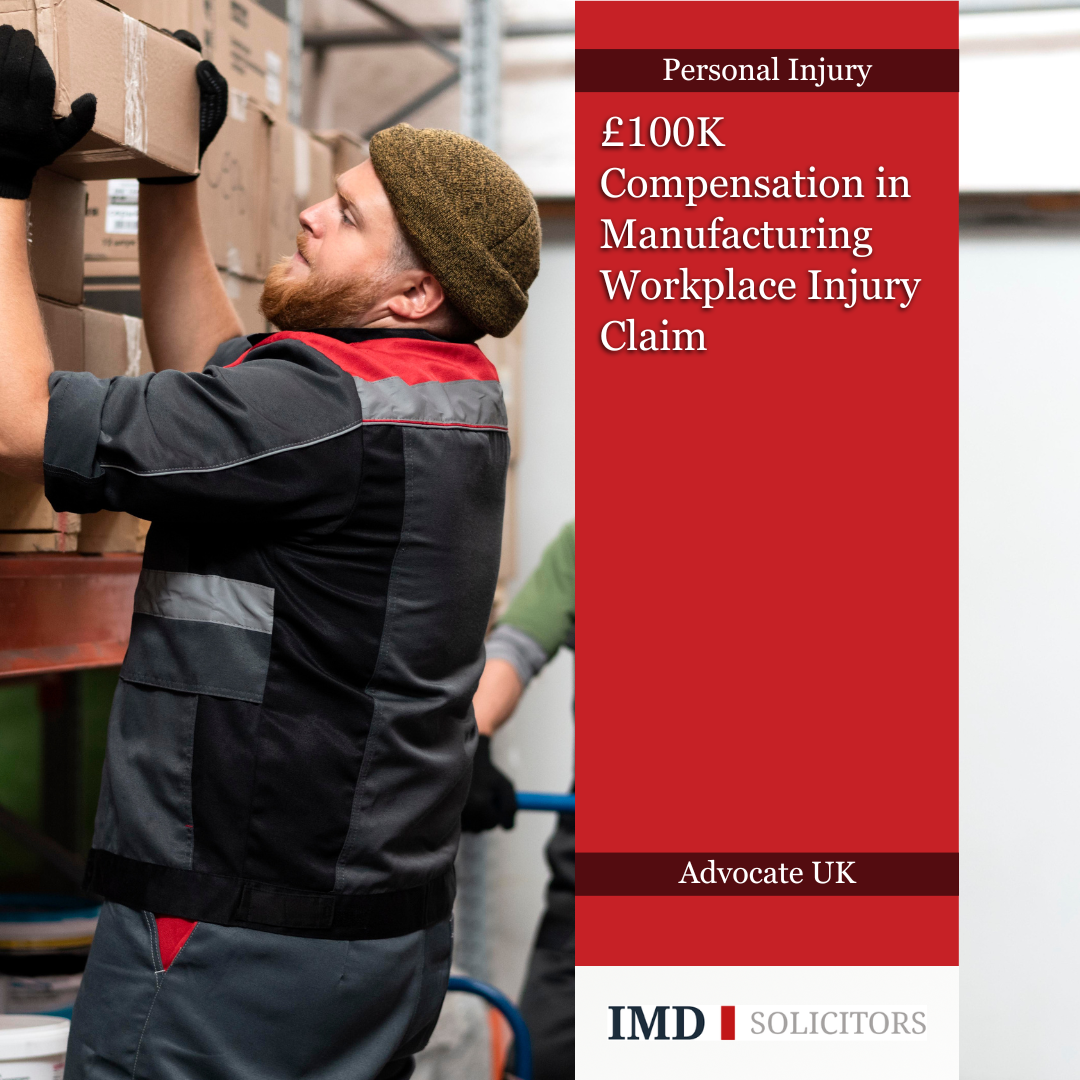
In the domain of personal injury law, the case of a worker injured at a manufacturing plant, diagnosed with Chronic Regional Pain Syndrome (CRPS), presents a compelling study of the complexities and challenges faced by both claimants and defendants in workplace injury claims. This analysis aims to dissect the legal, medical, and procedural facets of the case, offering insights into the complexities of managing such disputes.
The case revolves around a worker employed in a car manufacturing plant who sustained a back injury while lifting a heavy pallet due to a malfunctioning lifting mechanism. Initially diagnosed with a soft tissue injury, the prognosis was a swift recovery. However, the situation escalated when the worker’s condition did not improve, leading to a diagnosis of CRPS, a condition characterized by persistent severe pain that is disproportionate to the initial injury.
Chronic Regional Pain Syndrome (CRPS) is a complex condition that primarily affects limbs but can impact any part of the body, presenting a significant challenge in both diagnosis and treatment. It is characterized by severe, persistent pain that is disproportionate to the initial injury or trauma. CRPS is often divided into two types, based on the presence of nerve damage:
The exact cause of CRPS is not fully understood, but it is thought to result from a malfunction in the central and peripheral nervous systems. CRPS can develop after trauma, such as fractures, sprains, surgery, or after a period of immobilization. While anyone can develop CRPS, it appears more frequently in individuals between the ages of 40 and 60, and women are more commonly affected than men.
The employer’s duty of care towards their employees is a fundamental principle in workplace safety regulations. In this case, the failure to maintain equipment, specifically the lifting mechanism, and the subsequent instruction to manually lift heavy items, constitutes a clear breach of this duty. The quick admission of liability by the defendant underscores a recognition of this breach.
CRPS is a complex condition that complicates personal injury claims due to its subjective nature and the difficulty in establishing a direct causal link to the workplace accident. The scepticism of defendants towards such diagnoses is not uncommon, often necessitating the involvement of medical experts to validate the claim.
The settlement close to trial, favouring the claimant with compensation for pain and future loss of wages, highlights several critical aspects of personal injury claims. Firstly, the importance of expert testimony cannot be overstated, as it plays a pivotal role in substantiating the claimant’s condition. Secondly, the timing of the settlement reflects the strategic considerations of both parties, balancing the risks of trial against the certainty of a negotiated outcome.
The case of the manufacturing plant worker diagnosed with CRPS after a workplace accident highlights how personal injury law can be complicated, particularly in cases involving less common and more subjective injuries. It highlights the critical role of medical evidence, expert testimony, and skilled legal advocacy in securing justice and compensation of £100,000 for injured workers. Moreover, it serves as a reminder of the importance of workplace safety and the significant impact of employer negligence on employees’ lives.
By addressing these challenges, IMD team professionals are prepared to serve their clients, ensuring that they receive the compensation and support they need to recover from their injuries and move forward with their lives. This case study, drawn from the experiences and insights of IMD Solicitors LLP, demonstrates the firm’s commitment to excellence in the field of personal injury law.
This article is for general information only and does not constitute legal or professional advice. Please note that the law may have changed since this article was published.